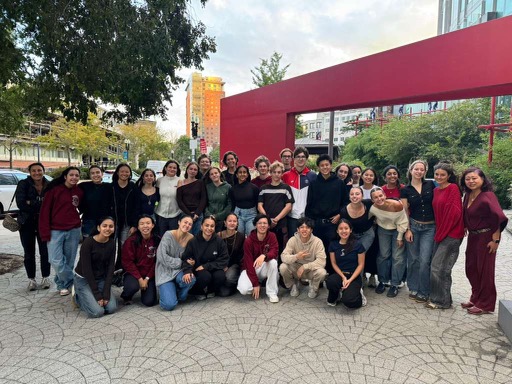The Massachusetts Comprehensive Assessment System (MCAS) is a standardized test that public school students in the state take from third to eighth grade, and once more in the tenth grade. Up until this year, earning a passing score on the tenth-grade MCAS was a high school graduation requirement. However, this changed after the Nov. 5 elections, when Massachusetts residents voted to remove MCAS as a graduation requirement.
MCAS was originally administered to help the state identify which districts needed more resources and allow schools to change their curriculum based on test results. It has also been used by teachers and parents to determine in which academic areas their students were struggling in.
However, since its inception in 1993, there has been a growing argument among parents and teachers that the MCAS is an unnecessary stressor for students rather than helping pinpoint areas of weakness.
Daniel Melia, the Associate Principal of Lexington High School, discussed the context surrounding MCAS before the vote, and what most likely will happen after.
“I don’t think teachers at LHS were ever getting useful information out of MCAS. If it’s no longer tied to graduation and feels like an interruption to regular instruction, it might evolve into something different,” Melia said.
Laura Sheppard-Brick, a Math teacher at LHS, had to carve out time to prepare her students for the MCAS.
“Sometimes we end up rushing topics right before [MCAS], and I guess maybe we won’t do that,” Sheppard-Brick said.
This would be beneficial for students since MCAS usually falls around finals season at LHS, so they won’t need to feel the stress for both sets of tests. Sheppard-Brick also doesn’t believe that the assessment is an effective marker of a student’s capabilities in a classroom.
“I find it problematic, that [the MCAS graduation requirement] disadvantages people who are already at a disadvantage,” Sheppard-Brick said.
MCAS also impacts students in many ways, especially during the months that the exam is scheduled.
“I missed classes that were important. The thing is that school was useful and MCAS wasn’t,” Abhi Boyanapalli, a junior at LHS, said.
However, now that the MCAS requirement has been removed, students hope to be more prepared for their end-of-year exams.
“I think one of the really big impacts that MCAS has had on my academic year is that towards the end of this year. Things become a lot more tense, a lot more quick, and then it’s kind of just like a complete split from whatever we’re learning,” Devam Shah, a sophomore at LHS, said.





